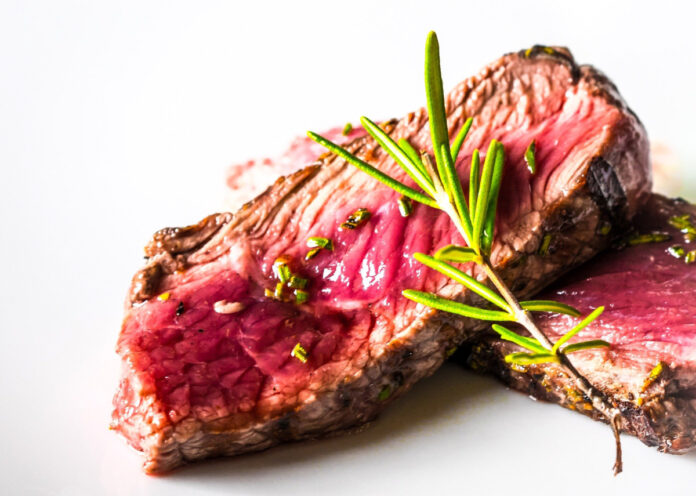This weekend’s ransomware attack on meat processor JBS is another example of why it pays to be prepared. If JBS can’t get back online, the production of beef, pork and chicken will suffer, possibly leading to empty shelves and spiking prices.
Unlike gasoline, which degrades over time, storing some extra beef or chicken is easy for anyone with a freezer, a pressure canner or even some spare shelf space.
I’m lower than I like on bacon, but otherwise our meat storage levels are good. Besides frozen meat, we have a good stock of canned meat products. I even have freeze-dried pork chops and steak, although I am saving those until the end of the world as we know it.
Inflation
Shortages caused by cyberattacks are just going to exacerbate already rising prices. Costco’s CFO has reported that beef prices are up 7 percent year-over-year with some cuts up 20 percent. That means our $10 steak now costs $12. Or, in Costco size packaging, steaks that used to cost $50 are now $60.
Costco has not been passing most of these costs and rising freight costs on to consumers. That will have to change, said their CFO. If meat shortages result in higher prices, we’ll be paying more sooner than later. Thanks to raw materials surging, Items expected to see price increases include aluminum foil and beverages in aluminum cans and anything made from plastic including trash bags and storage bins.
Prices for raw goods, packaging, labor, and transportation are rising all at once. (Gas prices are at six year highs.) That’s really putting the squeeze on manufacturers and retailers. I expect Costco is being up front about their intent to raise prices and we will see prices rise at Sam’s Club, BJs, Walmart, and your local grocery store.
I am interested me to see how our inflation report looks in July, and if Walmart can use their buying power to keep prices low.
Sometimes, Just in Time Manufacturing is Not
When things are running smoothly, just-in-time manufacturing and distribution works well. Throw one wrench into the works, however, and it comes crashing to a halt. That turns the process into “not in time” manufacturing, which leads to shortages. That’s part of the reason we are experiencing shortages of everything from chicken wings to new cars. COVID-19 stalled production of some critical raw material or component, or shut down manufacturing, or delayed shipping. Any of those could make things late rather than just in time.
I’ve talked about the complexity of our modern systems before. Our dependence on efficient systems with little or no room for error is a real weakness and one that cyber criminals are exploiting. It is opening a new front in economic warfare.
Alternative Food Sources
Besides relying on your prepper pantry and growing your own food, here are a few things you can do:
- Find local farms that process and seller meat direct to the consumer. Chances are, the meat will be more expensive than you can get in big box stores, but it may be be grass fed and locally raised. Plus, your money will go to the farmer rather than to the retailer, processor, distributor, and other third parties.
- Look for local farmers markets. Not only will this allow you to support local agriculture, but you will find sources for fresh eggs, locally raised meat, and whatever vegetables are in season. We’ve purchased goat, lamb, buffalo, pierogis, mead, goat cheese, and plenty of fruit and vegetables at farmers markets. Plus, you may find a local meat supplier by patronizing a local farmer’s market.
- Consider joining a CSA, which stands for community-supported agriculture. While this has evolved into a wide range of different approaches, it is often based around a box of food harvested by a local farmer and delivered to a central pick up point.
- Look online for “meat subscription services.” (Try to find a family operation rather than a big commercial outlet.) These are online meat sellers that allow you to sign up and receive a specific amount of meat every month. Yes, they can be expensive, but it assures you a place in line and you can count on getting meat when the giant processors are shut down or sold out. These retailers want to keep their subscribers happy because you represent a repeatable source of income, so they should take good care of you.
- You can also buy salmon and halibut direct from fishermen in Alaska. It’s frozen and shipped direct to your door. A surprising amount of fresh but frozen food is available online for shipment directly to your door. Unfortunately, it is usually expensive.
Expensive food. Looks like it is here to stay. Better get used to it.


